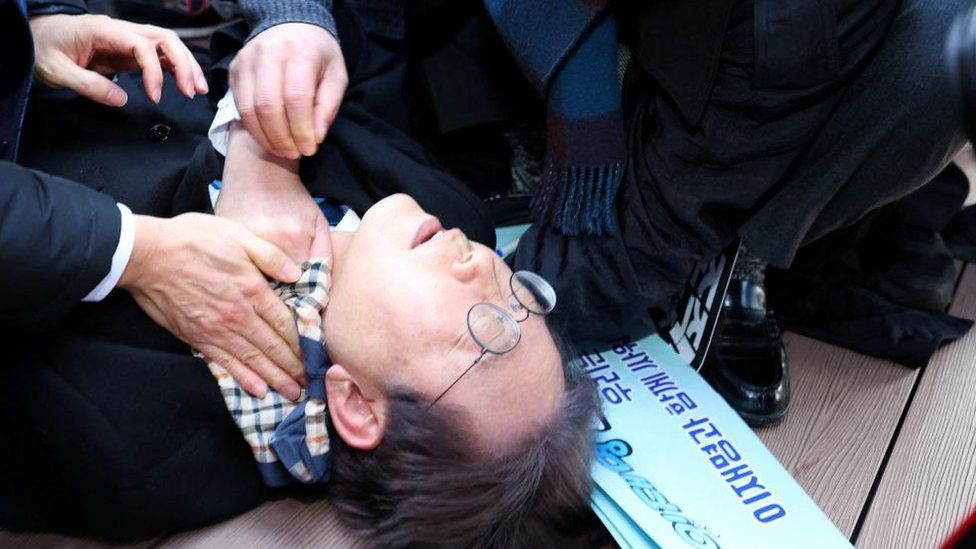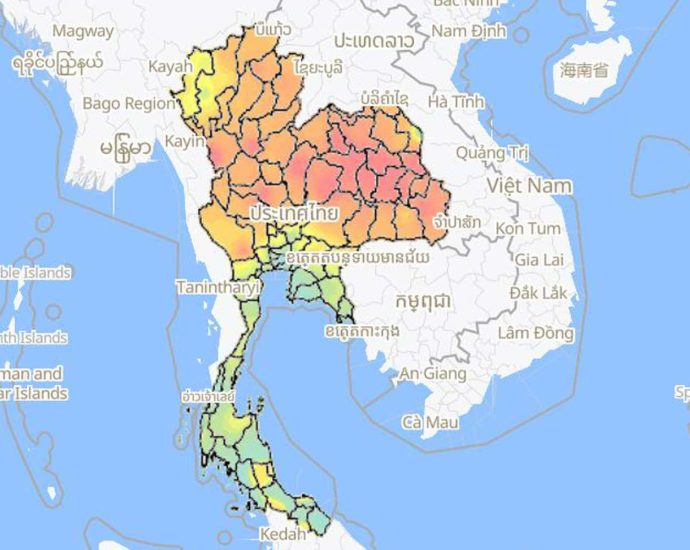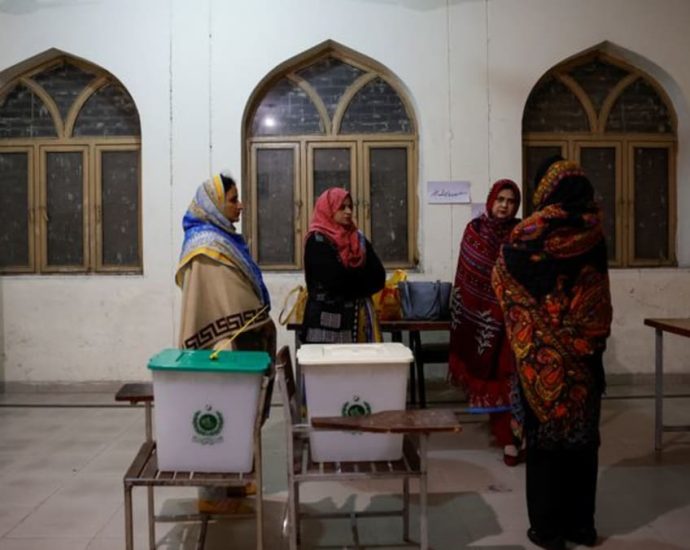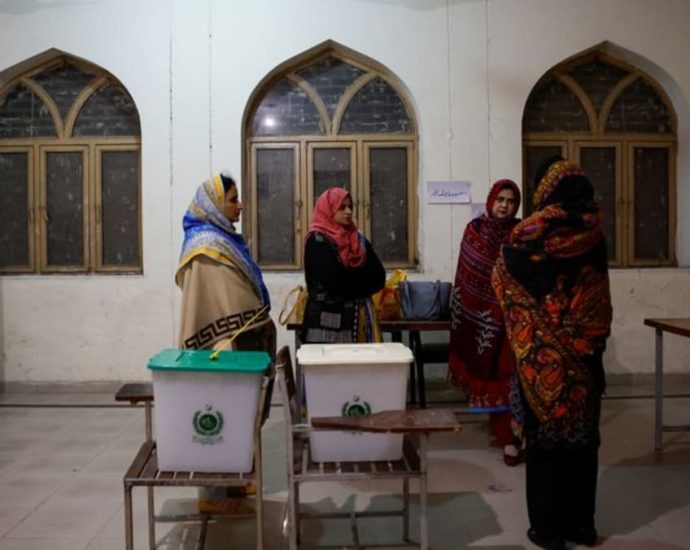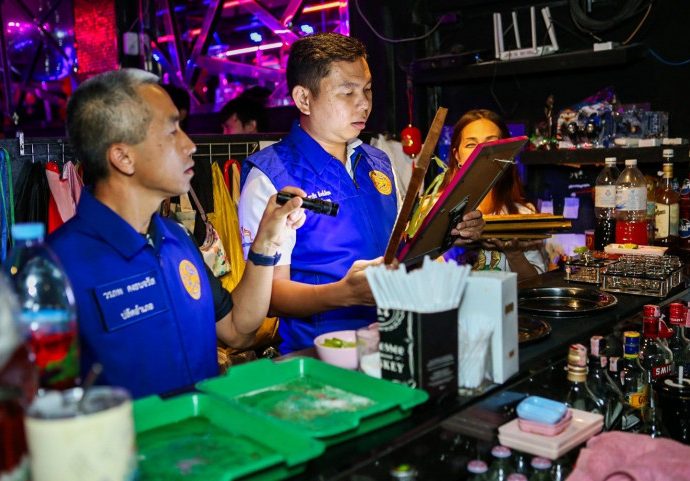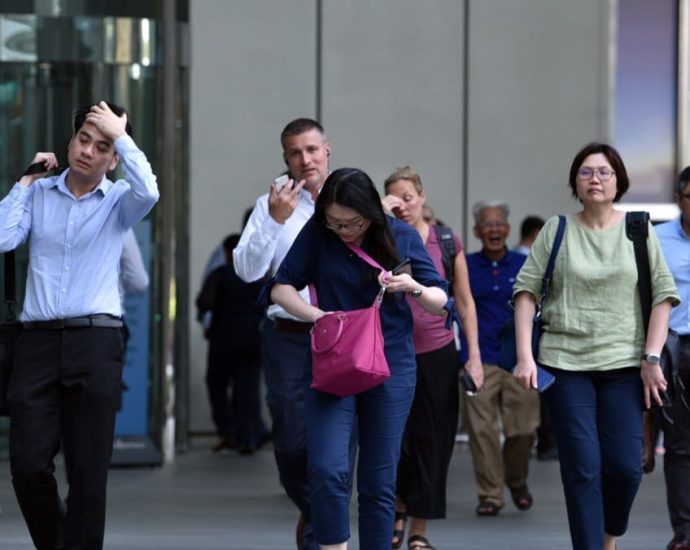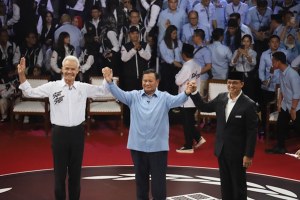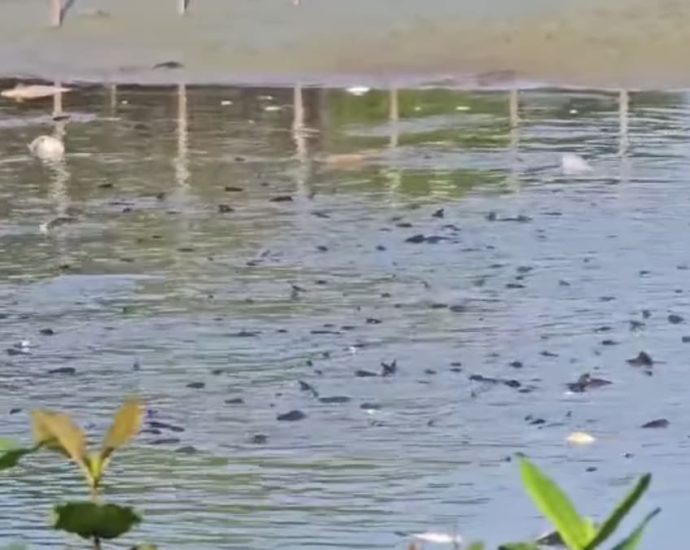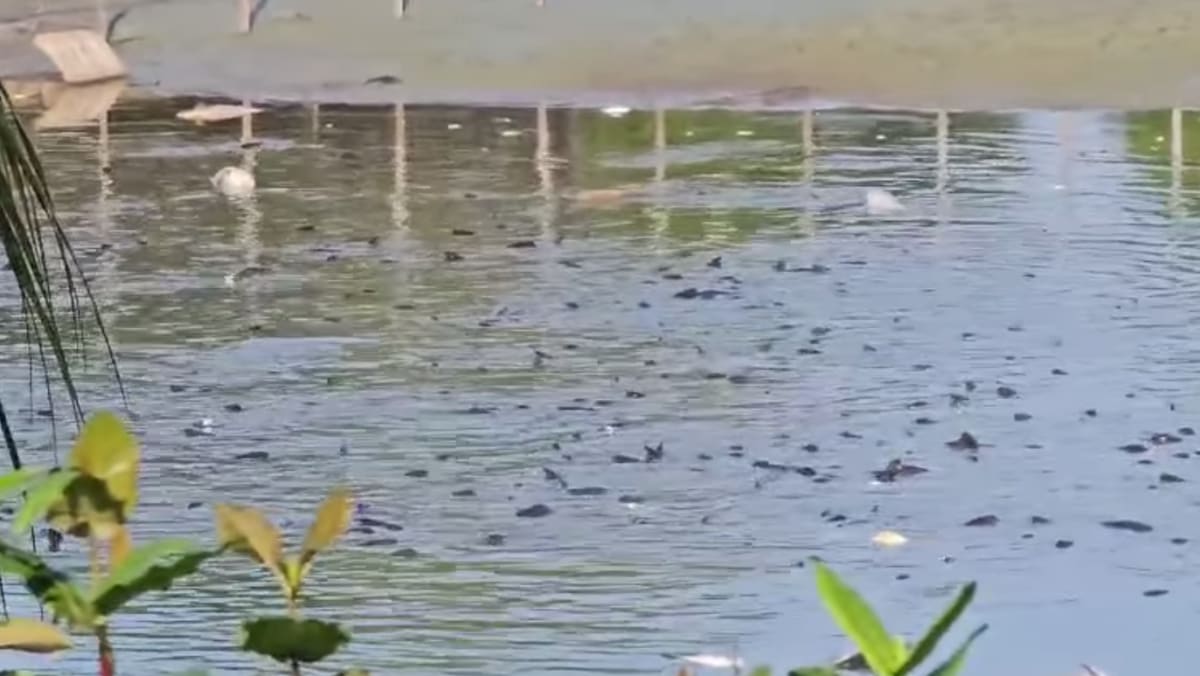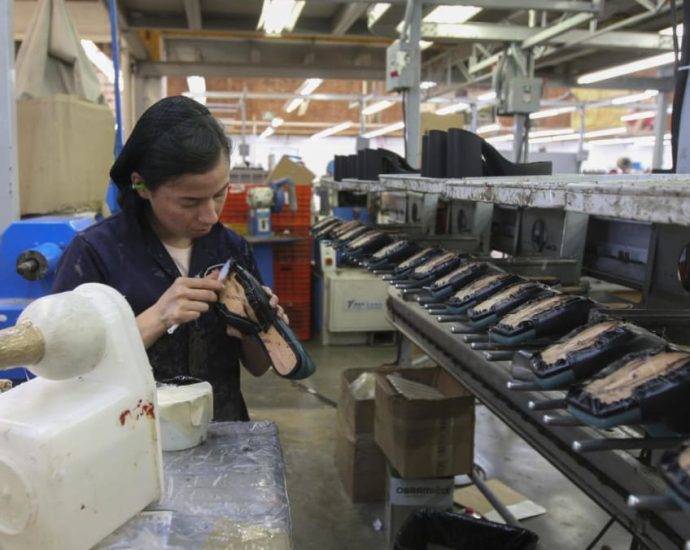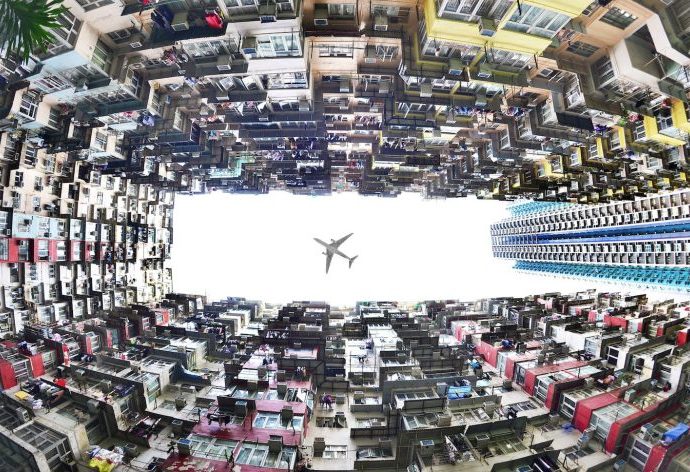South Korea: ‘Dior bag scandal’ a political manoeuvre, president says
 VOICE OF SEOUL/YOUTUBE
VOICE OF SEOUL/YOUTUBESpy camera footage of South Korea’s first lady accepting a luxury bag gift was leaked as a “political manoeuvre”, President Yoon Suk Yeol said.
Mr Yoon said the act was “regrettable” but stopped short of apologising.
He has been under pressure to address the issue, which has roiled his ruling party ahead of key elections in April.
His first comments on what local media has called the “Dior bag scandal” disappointed citizens and angered the opposition.
Late last year, left-wing YouTube channel Voice of Seoul published a video that purportedly showed first lady Kim Keon Hee accepting a 3m won ($2,200; £1,800) Dior bag from a pastor, who filmed the exchange in September 2022 using a camera concealed in his watch.
“The video [was made public] at a time when the general election is drawing near, a year after the issue happened, so we can see this as a political manoeuvre.” Mr Yoon told broadcaster KBS.
“The fact that she was unable to cold-heartedly reject him was the problem, if one can call it a problem, and it is a little regrettable,” Mr Yoon said.
Some analysts have said the scandal threatens the prospects of Mr Yoon’s conservative People Power Party in April’s legislative elections. The video was released as his approval ratings were beginning to recover.
The opposition Democratic Party said Mr Yoon fell short of the public’s expectations of a sincere apology.
“The president’s shameless attitude is hopeless,” the party’s spokesman Kwon Chil-seung said.
“It’s hard to say how long we will continue to watch the self-righteousness of a president who refuses to admit fault and apologise to the people,” Mr Kwon said.
Some expressed disappointment on X, formerly Twitter.
“There was no apology for the Dior bag the whole country was waiting for,” according to one comment.
Another X user questioned the significance of Mr Yoon’s apology at this time: “Even if you receive an apology from such a shameless and unwilling authority, what is the meaning of that apology, which you were forced to accept like squeezing apple juice for several months?”
Several conservative newspapers, such as Joongang Ilbo and Chosun Ilbo, pointed out that Mr Yoon did not comment on the appropriateness of Ms Kim’s actions.
Local publications have reported that the presidential office confirmed receipt of the bag and said that it was “being managed and stored as a property of the government”.
A Gallup Korea poll last week showed that Mr Yoon’s approval ratings had fallen to 29%, the lowest in nine months. The scandal involving the 51-year-old first lady was among the reasons respondents cited for their disapproval.
The scandal has also caused rifts within Mr Yoon’s party. One party leader compared the first lady with Marie Antoinette, the French queen who is notorious for her extravagant ways.
The Dior bag scandal is the latest in a string of controversies surrounding Ms Kim. The opposition has long accused her of being involved in stock price manipulation. Earlier this month, Mr Yoon vetoed a bill calling for his wife to be investigated over these allegations.
Last year, Seoul’s government scrapped an expressway project following allegations that its construction would financially benefit Ms Kim’s family by raising the prices of land that they own.
Related Topics
-
-
20 December 2023
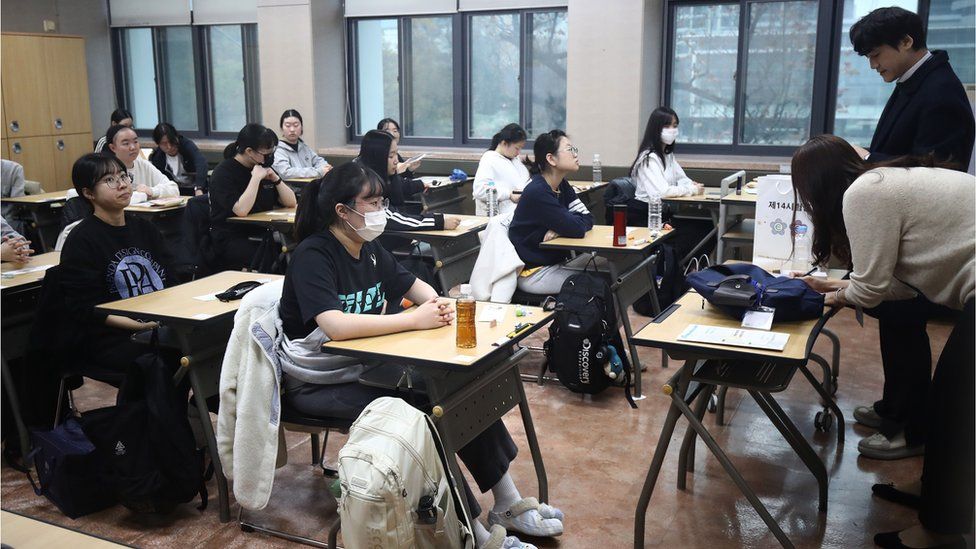
-



